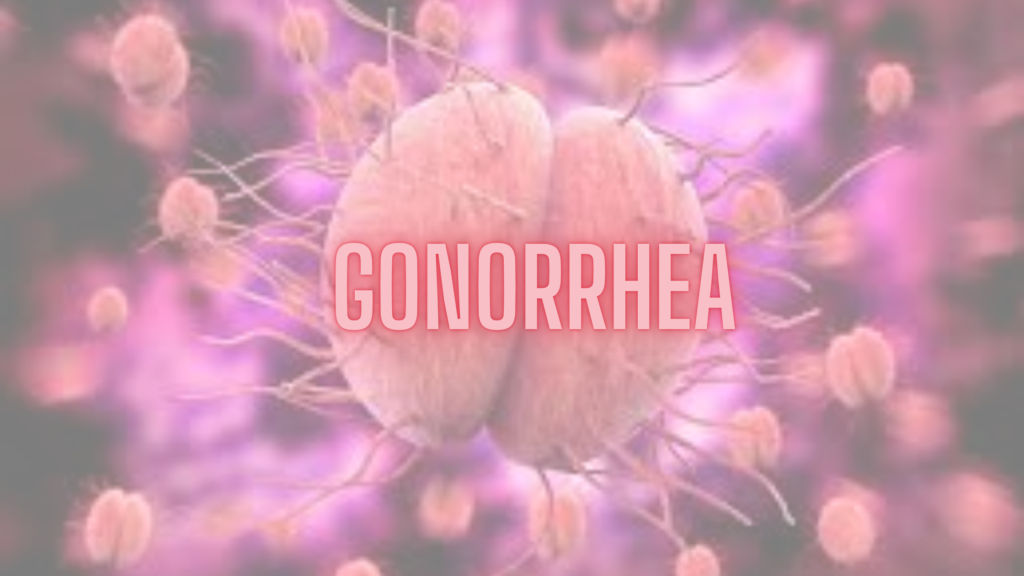Gonorrhea is a sexually transmitted infection (STI) caused by the bacterium Neisseria gonorrhoeae. It can infect both men and women and commonly affects the genitals, rectum, and throat. It’s especially common among people aged 15–24 years.
🔍 How is Gonorrhea Transmitted?
- Vaginal, anal, or oral sex with an infected person
- From mother to baby during childbirth
⚠️ Symptoms of Gonorrhea
In Men:
- Painful urination
- Pus-like discharge from the penis (white, yellow, or green)
- Swollen or painful testicles (less common)
In Women:
- Increased vaginal discharge
- Painful urination
- Vaginal bleeding between periods
- Pelvic or abdominal pain
In Both Sexes (If Rectal Infection):
- Anal itching
- Discharge
- Pain during bowel movements
Throat Infections:
- Often no symptoms, but may cause sore throat
🧪 Diagnosis
- Urine tests
- Swab tests from affected areas (genitals, rectum, or throat)
💊 Treatment
- Antibiotics, typically a single intramuscular injection of ceftriaxone
- Early treatment is critical to avoid complications
❗Complications if Untreated
- Pelvic Inflammatory Disease (PID) in women
- Infertility in both sexes
- Epididymitis in men
- Spread to blood or joints (disseminated gonococcal infection) — rare but serious
🛡️ Prevention
- Use condoms correctly every time you have sex
- Get regular STI screenings
- Limit number of sexual partners
- Ensure partners are tested and treated if necessary
